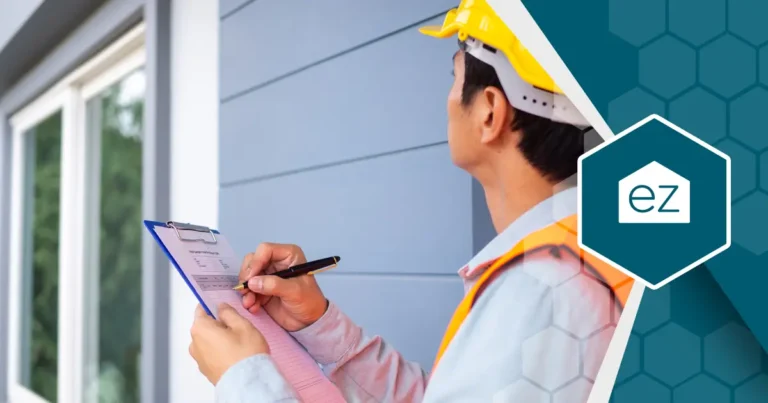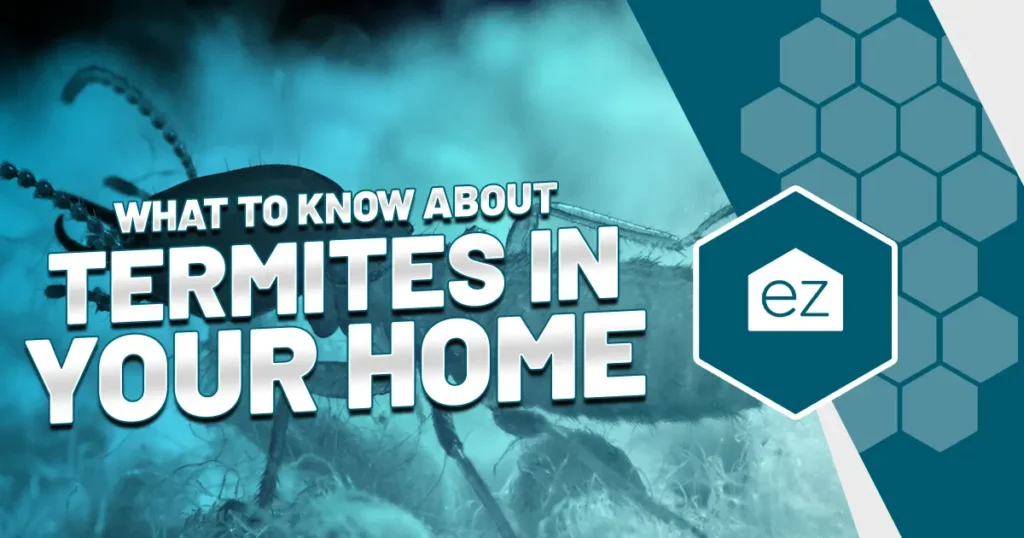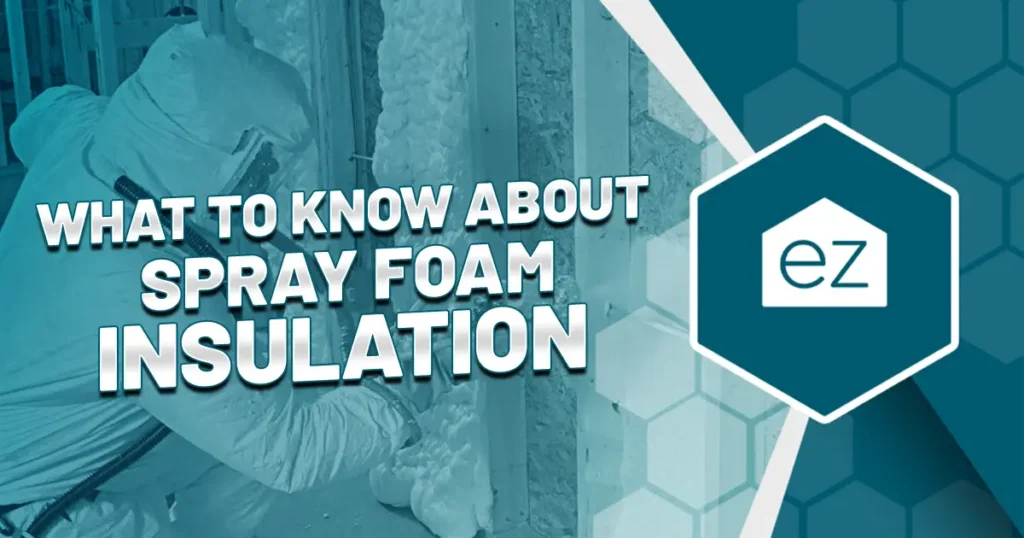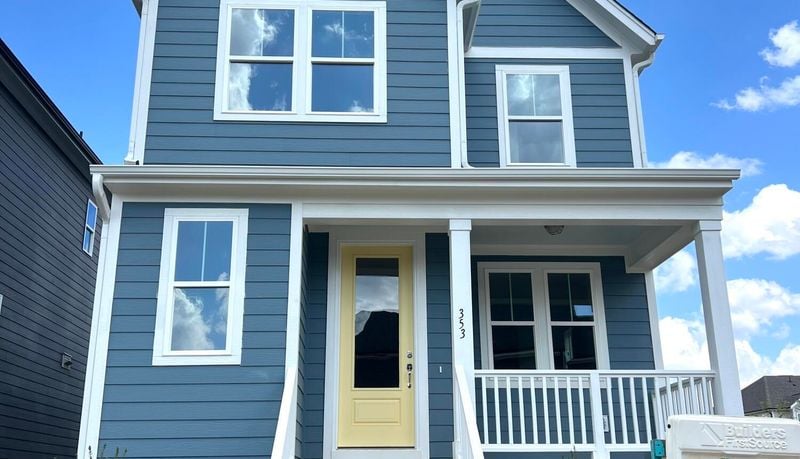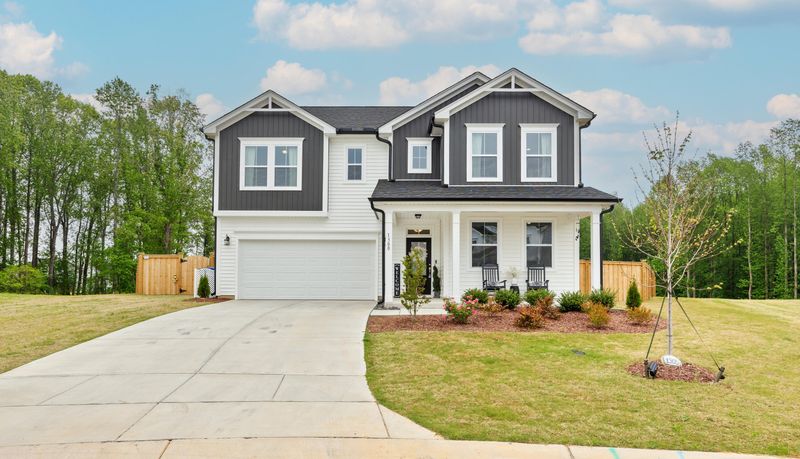What to Expect in a Home Inspection: A Guide for First-Time Home Buyers
If you’re a first-time home buyer, congratulations! Buying your first home is an exciting and significant milestone. As you’ll learn, the process has many steps, and one you don’t want to miss is the home inspection.
A home inspection helps potential buyers identify any major issues or concerns with the property before closing the deal. But it doesn’t cover everything about a home. Learn what to expect in a home inspection when buying a home.
Preparing for a Home Inspection
Before your home inspection date, do a few things to get ready. First, ask the seller to ensure all utilities, especially the water and electricity, are turned on at the property. This will allow the home inspector to check all systems and areas of the home thoroughly. Otherwise, you might miss a leaking toilet or improperly wired outlets.
Next, ask that all access points to important parts of the house, such as the attic and basement, be easily accessible. Have any locked areas unlocked or provide a key for the inspector. Anything the inspector can’t reach is a blind spot in your understanding of the home.
Clear any clutter sitting in front of the appliances, electrical panels, and water heaters. Remove items from under sinks to give a clear view of the plumbing. Simple moves like these save the inspector time and make it easier for them to do a thorough inspection.
The Role of a Home Inspector
A home inspector is a state-licensed professional who visually examines the condition of a property’s structure, systems, and components. It includes examining the exterior and interior of a home. They are trained to identify potential issues in areas such as plumbing, electrical wiring, heating and cooling systems, roofing, and more.
The inspector walks through every accessible inch of the property, checking for visible defects or safety concerns during a home inspection. They verify that all major systems and appliances are in working order.
Note that a home inspector is not an appraiser or a code enforcement official. Their job is to assess the property’s condition during the inspection objectively. They may note if what they see is a known possible code violation and recommend repairs to get something up to code, but they aren’t taking further steps than that. Nor will they tell you how much the property is worth in its inspected condition. This is only a safety and working condition inspection.
Home inspectors can be certified by the American Society of Home Inspectors (ASHI), the North American Association of Home Inspectors (AHI), or the International Association of Certified Home Inspectors (InterNACHI). All states have education and testing requirements to become a home inspector. For example, in Florida and South Carolina, a home inspector must take a 120-hour course from a state-approved school and pass a written exam. In North Carolina, they also must complete 80 hours of field training.
How Much Does a Home Inspection Cost?
The cost of home inspection varies depending on the size and location of the property. The national average for a home inspection is around $300 to $400 in 2023. However, larger cities like New York or San Francisco can see prices up to $1,000. Ask your local real estate professional what your area’s typical price range is.
Some home inspectors now offer add-on services, like radon testing or level-2 chimney inspections. Make sure they hold the appropriate training and certifications to add these onto a home inspection.
What do Home Inspectors Check?
Home inspectors visually check a variety of components in a home. A typical home inspection lasts 2-3 hours, depending on the home’s size and its components. During the inspection, the home inspector will evaluate:
-
Roofing: They will get on the roof to inspect for leaks, damage, or any other issues that may need to be addressed.
-
Electrical: The inspector will check the electrical panels, wiring, and outlets to ensure they are up to code. They visually check the service drop, protection devices, grounding, and switches.
-
Plumbing: They will check for leaks, water pressure, and the condition of visible pipes and fixtures.
-
HVAC Systems: The inspector examines and runs the heating and cooling systems to ensure correct functioning.
-
Foundation: They inspect the foundation for cracks or signs of damage, walking around the exterior and from what they see inside basements, crawl spaces, and the home interior.
-
Appliances: The home inspector tests all major appliances, such as ovens, dishwashers, and refrigerators, to ensure they work.
-
Siding: The inspector views the house’s exterior for damage or issues.
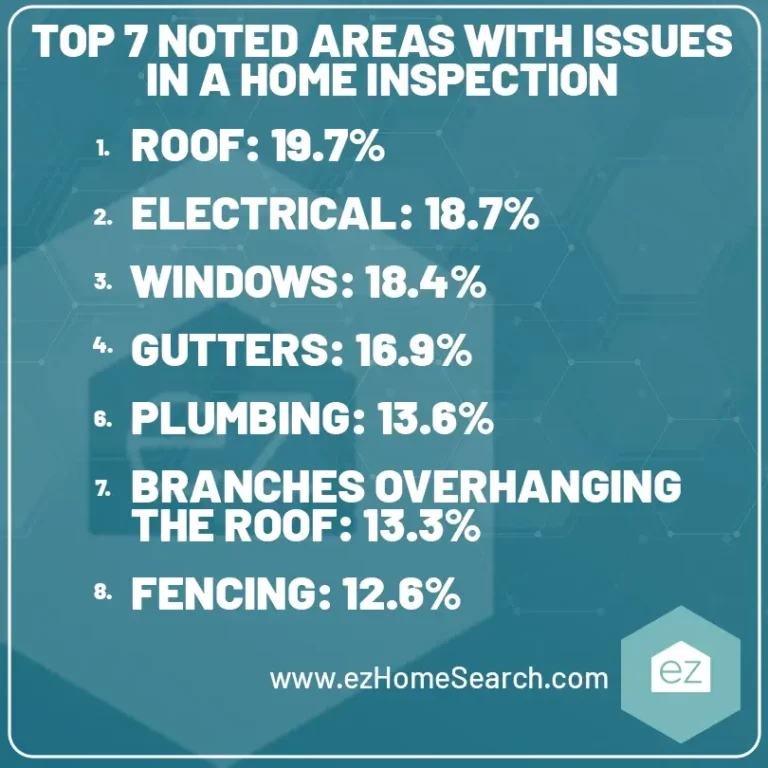
What is Not Included in a Home Inspection?
You must understand that a home inspection does not cover everything in a property. Here are some things that are typically not included in a standard home inspection:
-
Pests: A home inspector visually checks for damage, but they do not purposefully note any plants or animals present at the property. If they see termite-damaged wood or have visual confirmation, like dead insects on a window sill, they will note it as “possible presence of termites” and recommend further evaluation by a pest control expert. That goes for signs of rodent activity, too.
-
Cosmetic Issues: Any cosmetic issues, such as peeling paint or outdated fixtures, are not included in a home inspection.
-
Environmental Hazards: Home inspectors will not test for environmental hazards like mold, radon, and asbestos. Should the home inspector visually see mold damage, they note it as having “potential mold” in the report and recommend further inspection by a certified hazard professional.
-
Swimming Pools: If the property has a swimming pool, it will require a separate inspection.
-
Chimneys: A home inspector may note if a chimney has visible cracks or problems but will refer to a chimney professional for a deeper inspection. They do not look at the flue, vents, surrounds, or fuel-feeding devices.
-
Sewer Lines or Septic Tanks: Home inspectors conduct visual inspections; they do not bring equipment to assess or gain expertise in sewer systems.
-
Solar Panels: A home inspector will get on the roof to assess its shingles, flashings, and chimneys for defects, but they do not evaluate any attached roof accessories.
-
Geological Issues: Home inspectors will not determine if a home is shifting for geological reasons, such as a sinkhole.
Common Issues Found in Home Inspections
The top problems found during a home inspection include:
-
Roofing issues, such as leaks or missing shingles. The Inspection Support Network (ISN) found roofing problems were the most reported item in home inspections (19%).
-
Electrical problems, including outdated wiring or overloaded circuits.
-
Windows are the third-most common problem, as they are often outdated or have improper insulation.
-
Plumbing issues like leaking pipes, slow drains, or low water pressure.
-
Drainage and grading issues cause water to run towards or pool around the home, leading to foundation or interior water damage.
-
HVAC problems, such as a malfunctioning furnace or air conditioning system.
Addressing these issues can help you avoid costly repairs down the road.
Post-Inspection Steps
Most home inspectors will meet the potential buyers at the home to walk them through their findings. They usually ask the buyers to come near the end of their evaluation.
In addition to the offered walk-through, you will receive a report from the inspector outlining their findings. The report is organized by section of the home, what was visible, and if things were in working order. Many include photographs as further documentation of any possible issues.
Based on this report and depending on the purchase contract conditions, buyers may negotiate with the seller for repairs or a lower price before closing on the property. If the findings are particularly bad, they give the buyer a reason to use the termination clause.
If significant issues are found during the inspection, get quotes from contractors to estimate repair costs. You can ask for service professional recommendations from your home inspector if needed.
Start Your Home Search
Preston Guyton
Share this Post
Related Articles
Buying a Home
Conforming Loan Limits: A Guide for Homebuyers
Buying a Home
What to Know About Termites In Your Home
Buying a Home
What to Know About Spray Foam Insulation
Buying a Home
